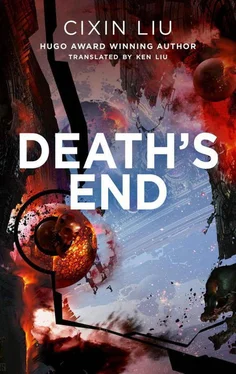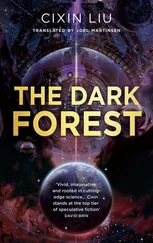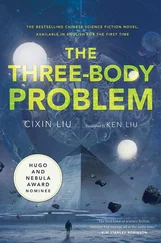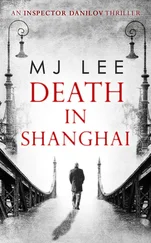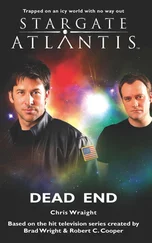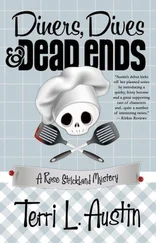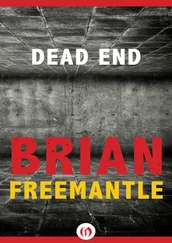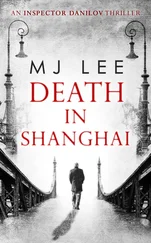The emperor’s gaze was as stupefied as those of the soldiers five days ago. But unlike them, he knew immediately what he was looking at.
More than nine centuries earlier, during the reign of Justinian the Great, master craftsmen had cast two chalices out of pure gold, studded with gems and glowing with a beauty that seized the soul. The two chalices were identical save for the arrangement and shapes of the gems. One of the two was kept by successive Byzantine emperors, and the other one had been sealed along with other treasures into a secret chamber in the foundation of Hagia Sophia in 537 C.E., when the great church was rebuilt.
The glow of the chalice in the Great Palace that the emperor was familiar with had dulled with the passage of time, but the one in front of him now looked so bright it could have been cast only yesterday.
No one had believed Helena’s confession at first, thinking that she had probably stolen the chalice from one of her rich patrons. Although many knew of the secret chamber under the great church, few knew its exact location. Moreover, the secret chamber was nestled among the giant stones deep in the foundation, and there were no doors or tunnels leading to it. It should have been impossible to enter the chamber without a massive engineering effort.
Four days ago, however, the emperor had ordered the precious artifacts of the city collected in case of Constantinople’s fall. It was really a desperate measure, as he understood very well that the Turks had cut off all routes leading to the city, and there would be nowhere for him to escape with the treasures.
It had taken thirty laborers working nonstop for three days to enter the secret chamber, whose walls were formed from stones as massive as those in the Great Pyramid of Cheops. In the middle of the chamber was a massive stone sarcophagus sealed shut with twelve thick, crisscrossing iron hoops. It took most of another day to saw through the iron hoops before five laborers, under the gaze of many guards, finally managed to lift the cover off the sarcophagus.
The onlookers were amazed not by the treasures and sacred objects that had been hidden for almost a thousand years, but by the bunch of grapes placed on top, still fresh.
Helena had claimed to have left a bunch of grapes in the sarcophagus five days ago, and as she had declared, half of the grapes had been eaten, with only seven left on the stem.
The workers compared the treasures they recovered against the listing found on the inside of the cover of the stone sarcophagus; everything was accounted for except the chalice. If the chalice hadn’t already been found with Helena, and without her testimony, everyone present would have been put to death even if they all swore that the secret chamber and the sarcophagus appeared intact.
“How did you retrieve this?” the emperor asked.
Helena’s body trembled even harder. Apparently, her magic did not make her feel safe. She stared at the emperor with terror-filled eyes, and squeezed out an answer. “Those places… I see them… I see them as…” She struggled to find the right word. “…open….”
“Can you demonstrate for me? Take out something from inside a sealed container.”
Helena shook her head, dread stilling her tongue; she looked to Phrantzes for help.
Phrantzes spoke up. “She says that she can only practice her magic in a specific place. But she can’t reveal the location, and no one must be allowed to follow her. Otherwise the magic will lose its power forever.”
Helena nodded vigorously.
“In Europe, you would already have been burned at a stake,” the emperor said.
Helena collapsed to the ground and hugged herself. Her small figure looked like a child’s.
“Do you know how to kill?” the emperor pressed.
But Helena only trembled. After repeated urgings from Phrantzes, she finally nodded.
“Fine,” the emperor said to Phrantzes. “Test her.”
—————
Phrantzes led Helena down a long flight of stairs. Torches in sconces along the way cast dim circles of light. Under every torch stood two armed soldiers whose armor reflected the light onto the walls in lively, flickering patterns.
Finally, the two arrived at a dark cellar. Helena pulled her cloak tighter around her. This was where the palace stored ice for use during the summers.
The cellar held no ice now. A prisoner squatted under the torch in the corner; an Anatolian officer, based on the way he was dressed. His fierce eyes, like a wolf’s, glared at Phrantzes and Helena through the iron bars.
“You see him?” Phrantzes asked.
Helena nodded.
Phrantzes handed her a sheepskin bag. “You may leave now. Return with his head before dawn.”
Helena took out a scimitar from the bag, glinting in the torchlight like a crescent moon. She handed it back to Phrantzes. “I don’t need this.”
Then she ascended the stairs, her footfalls making no sound. As she passed through the circles of light cast by the torches, she seemed to change shape—sometimes a woman, sometimes a cat—until her figure disappeared.
Phrantzes turned to one of the officers: “Increase the security around here.” He pointed to the prisoner. “Keep him under constant observation.”
After the officer left, Phrantzes waved his hand, and a man emerged from the darkness, draped in the black robes of a friar.
“Don’t get too close,” Phrantzes said. “It’s all right if you lose her, but do not under any circumstances let her discover you.”
The friar nodded and ascended the stairs as silently as Helena had.
—————
That night, Constantine slept no better than he had since the siege of Constantinople began: The jolts from the heavy bombards woke him each time, just as he was about to fall asleep. Before dawn, he went into his study, where he found Phrantzes waiting for him.
He had already forgotten about the witch. Unlike his father, Manuel II, and elder brother, John VIII, Constantine was practical and understood that those who put all their faith in miracles tended to meet with untimely ends.
Phrantzes beckoned at the door, and Helena entered noiselessly. She looked as frightened as the last time the emperor had seen her, and her hand shook as she lifted the sheepskin bag.
As soon as Constantine saw the bag, he knew that he had wasted his time. The bag was flat, and no blood seeped from it. It clearly didn’t contain the prisoner’s head.
But the expression on Phrantzes’s face wasn’t one of disappointment. Rather, he looked distracted, confused, as though he was walking while dreaming.
“She hasn’t retrieved what we wanted, has she?” the emperor asked.
Phrantzes took the bag from Helena, placed it on the emperor’s desk, and opened it. He stared at the emperor as though he was looking at a ghost. “She almost did.”
The emperor looked inside the bag. Something grayish and soft was nestled on the bottom, like old mutton suet. Phrantzes moved the candelabra closer.
“It’s the brain of that Anatolian.”
“She cut open his skull?” Constantine glanced at Helena. She trembled in her cloak like a frightened mouse.
“No, the corpse of the prisoner appeared intact. I had twenty men observe him, five men per watch, keeping him in their sight from different angles. The guards at the cellar door were also on extra alert; not even a mosquito could have entered the space.” Phrantzes paused, as though stricken by his own memories.
The emperor nodded at him to continue.
“Two hours after she left, the prisoner went into sudden convulsions and fell down dead. Among the observers at the scene were an experienced Greek doctor and veterans of many battles—none could recall anyone dying in this particular manner. An hour later, she returned and showed them this bag. The Greek doctor then cut open the corpse’s skull. It was empty.”
Читать дальше
